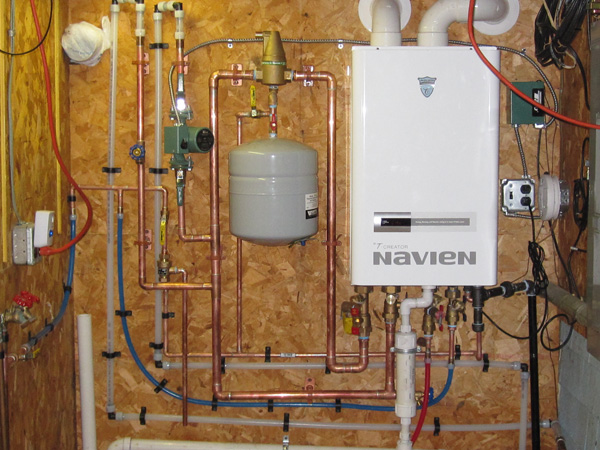Tankless Water Heater vs Tank Water Heater Comparison

Every homeowner will eventually find themselves facing the inevitable expense of replacing a water heater. For many years the choices were limited, with the main decision concerning the size, brand comparison, and cost. Homeowners today have much more to choose from, with even solar powered models becoming more and more affordable. In today's market, easily the most hotly debated topic when discussing water heaters comes down to tankless, or the traditional tanked models. Which is best? Which will best meet your individual needs?
There is a lot to take into consideration when making this decision. To determine which is best for you, you’ll need to examine a host of factors including your household usage, the climate you live in, and installation concerns.
A tankless heater does have some advantages over the freestanding units. The primary difference is that with a "tank" model, the water is constantly heated and kept at a temperature you select. The tankless units, on the other hand, use gas burners that instantly heat the water only as you need it. This does result in lower costs to heat the water. If that was all the information a consumer had to go with, the choice would be obvious- tankless is better. But wait, there is a lot more to consider.
According to Consumer Reports, based on a study conducted in 2008, the average savings you'll get with a tankless model is only 80 dollars per year. When you pit that savings against the higher cost of the unit itself, coupled together with higher installation costs, and much more maintenance, those savings quickly disappear.
If you are purchasing your water heater with the idea of "going green", and you can't afford the transition to solar, the tankless model will be the way to go. If you are willing to spend a bit more to be sure you use less of the earth's resources the higher cost in installation and maintenance may seem a small price to pay.